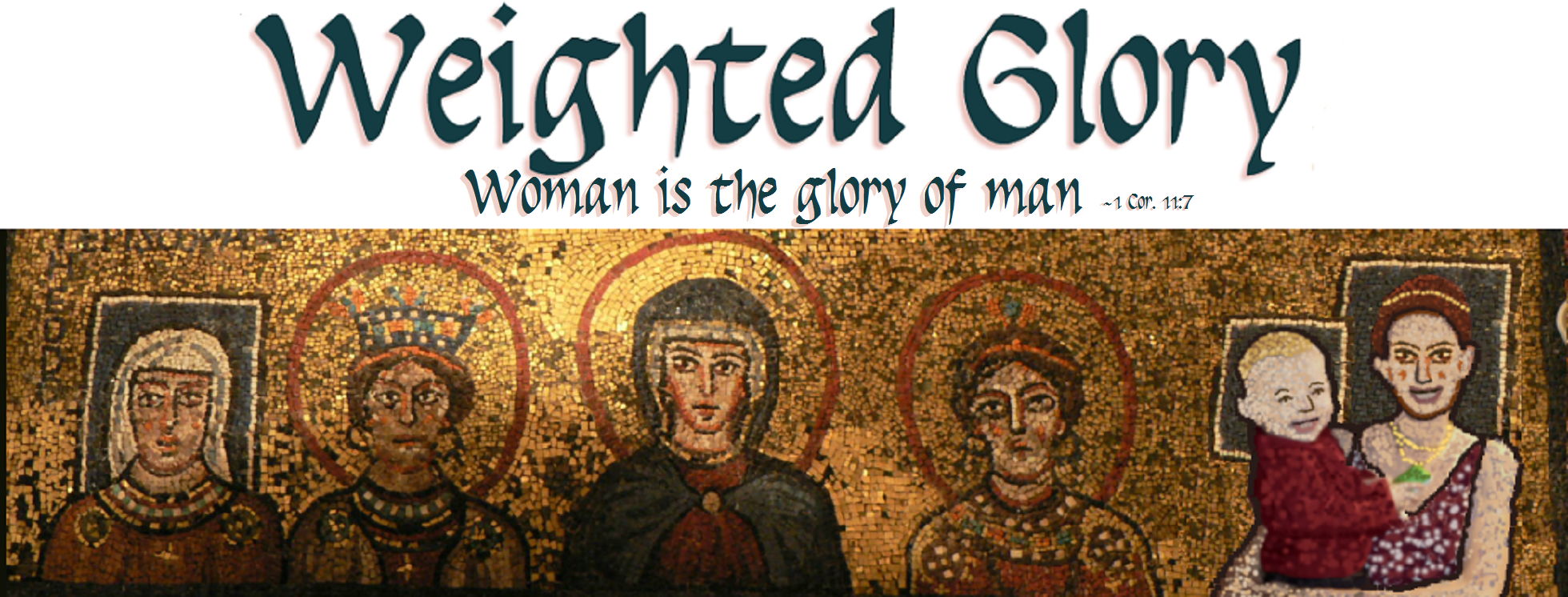Reflections on one of my first Christian literary loves

I read a ton of C. S. Lewis in high school: The Space Trilogy, The Great Divorce, Mere Christianity, The Screwtape Letters, The Problem of Pain, A Grief Observed, The Weight of Glory, and a whole bunch of his shorter essays. At the time I felt immensely enlightened by him and could not get enough.
I’m more cautious in my enthusiasm now. While I’m still deeply fond of Lewis, I understand that his arguments had their share of flaws, and I no longer see books like Mere Christianity as the end-all solution for flagging Christian testimonies or skeptical criticism of Christianity. As one Christianity Today author recently noted:
[O]ne friend has had distinctly postmodern misgivings. When his father learned of his decision to leave the faith, he rushed his son a copy of Mere Christianity, hoping the book would bring him back. But C. S. Lewis’s logical style left him cold. “All that rationality comes from the Western philosophical tradition,” he told me. “I don’t think that’s the only way to find truth.”
However, if there is one C. S. Lewis book that I continue to adore even after ten years, it’s Till We Have Faces.
TWHF is a re-imagining of the Greek Psyche myth. In this version, the pagan elements become thin stand-ins for Christian values and truths. The tale deals with the selfish nature of human love and the need for total abandonment to the transforming power of “the gods,” as well as the lies people tell themselves to avoid accountability for their own sins. Plus, the main character is a warrior queen who gets some solid butt-kicking action over the course of the novel. What’s not to love about that?
For my AP English Literature class during my senior year of high school, I had to complete an extended project on a novel of my choosing. Since my teacher was a Christian, she allowed me to do Till We Have Faces. Even though I wrote it in high school, I actually think that my summary of TWHF was half-decent, so I’m re-posting it here. While it is marred by youthful self-righteousness, an ignorant and intolerant attitude toward paganism, and basic errors in writing, I still think it’s valuable because it shows how I thought and reasoned as a young Christian engaging a Christian text.
Symposium Project on C. S. Lewis and Till We Have Faces – PDF
Book Review Grade: A
(Originally posted at Προστάτις)




Jack! I adore this book, too, and discovered it at about the same age. No wonder I like you so much 🙂
I think you are vastly overstating the case here. Like many Evangelicals, I think you are willfully projecting a much more orthodox worldview onto Lewis than I think Lewis actually had. Lewis’s particular take on early 20th century Anglicanism was really quite pagan, and in any case not “evangelical” in any sense. More importantly, the notion that the “Christian values and truths” expressed by Lewis here are somehow uniquely Christian, and mutually exclusive with pagan values and truths is grounded in a centuries-old self-serving strawman conception of paganism perpetuated by an overwhelmingly Christian cultural hegemony.
Kullervo, I think that’s a tremendously ungracious reading of that sentence. I didn’t say a word about Lewis being an “evangelical” and would balk and anyone who characterized him as such, and I certainly didn’t mean to imply that the things taught in TWHF are mutually exclusive with “pagan values and truths.” All I’m saying is that he significantly modified a pagan myth in ways that would resonate strongly with a Christian audience. There’s a reason he didn’t simply novelize the Greek myth as-is.
Hi Jack,
I’ve only read “Great Divorce”, Mere Christianity, Screwtape Letters, and the Narnia series. I got bored to tears with “Miracles.” My wife checked out Pilgrems Regress just last night at the library (for me to read). We started, “The Narnian” a biography of Lewis that I think will help me understand more of his writing. For instance, his experience at English Public schools as models for the schools he includes in the Narnia series, and the “toast” at the end of Screwtape Letters.
Thank you for including the book report, I look forward to reading it sometime, as well as the actual book.
Andrew ~ Till We Have Faces was one of the few books Paul and I had both read before we dated each other. It’s an enjoyable book to read together and it seems to have deep interfaith appeal.
I attempted Miracles in high school and also found it tedious and dull. Perhaps it gets better further in, but I abandoned it feeling that it was one of Lewis’ more mediocre books. The Chronicles I did in elementary school. My favorite was The Horse and His Boy. So far I think that the Disney film adaptations of the franchise are actually pretty good.
God in the Dock has a good collection of shorter essays by Lewis, my favorite being “Man or Rabbit?”, which contains some deification material.
BTW, Kristine, Andrew and Kullervo, thanks for stopping by and checking out my new blog for the first time.